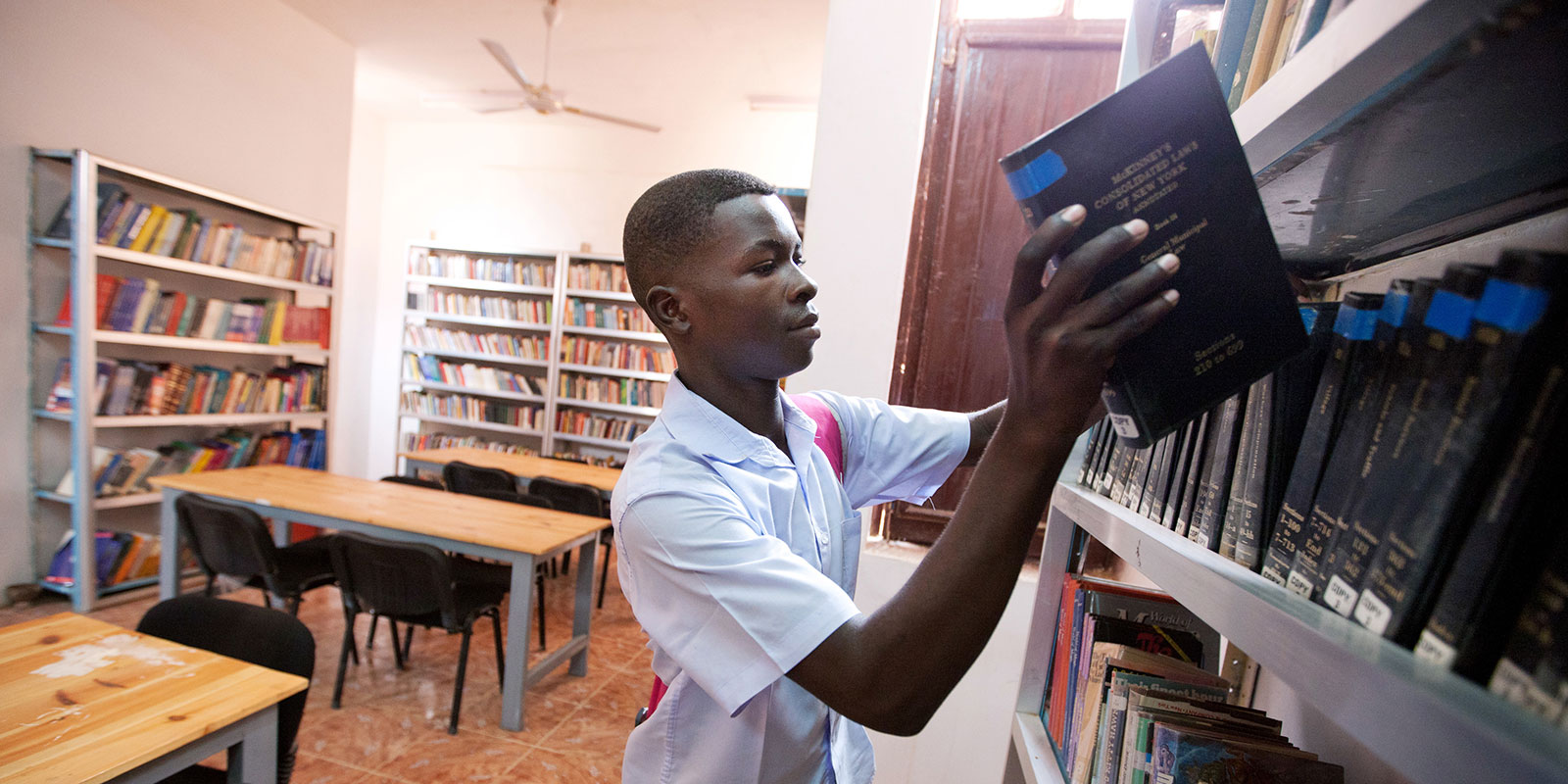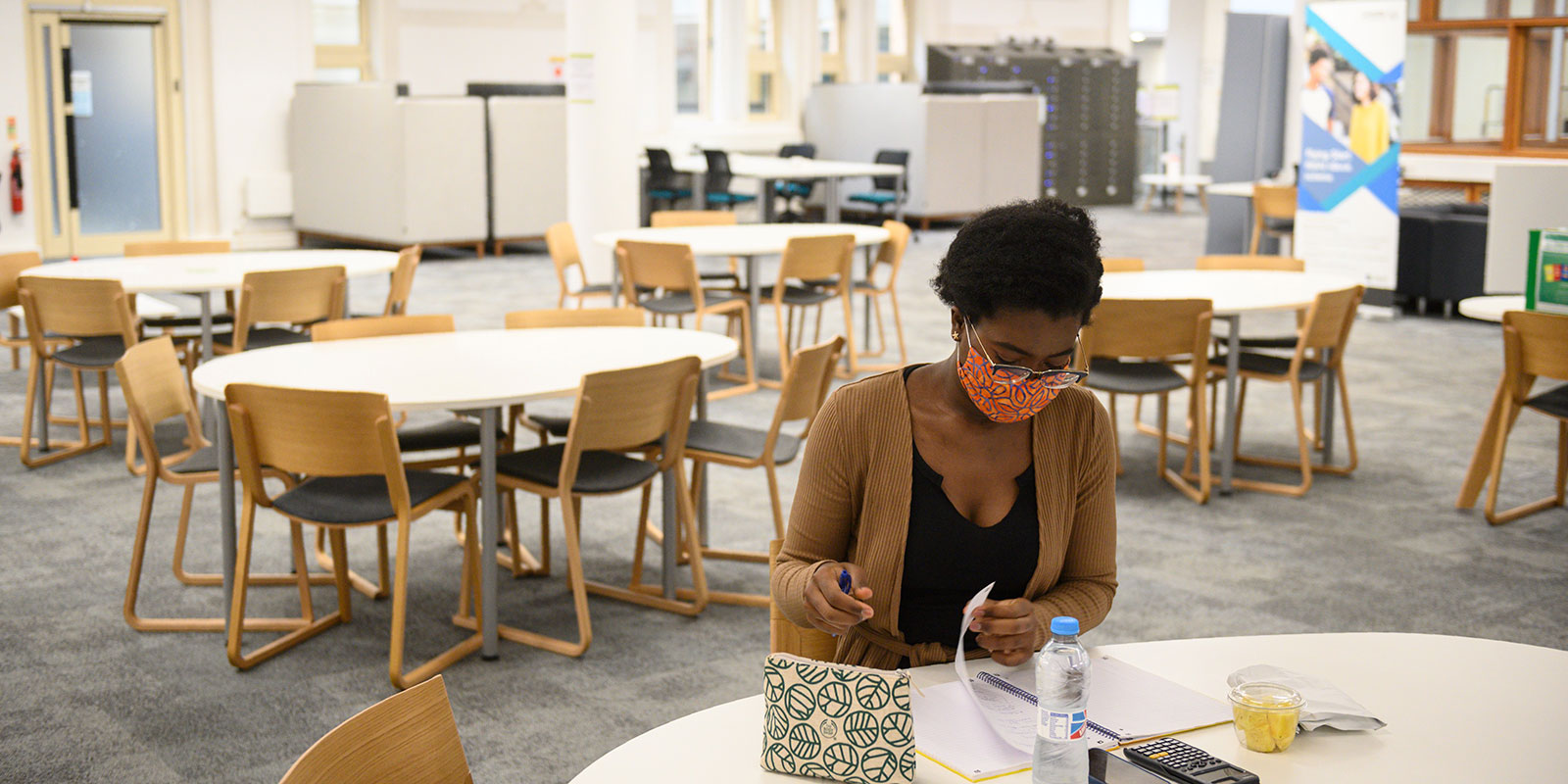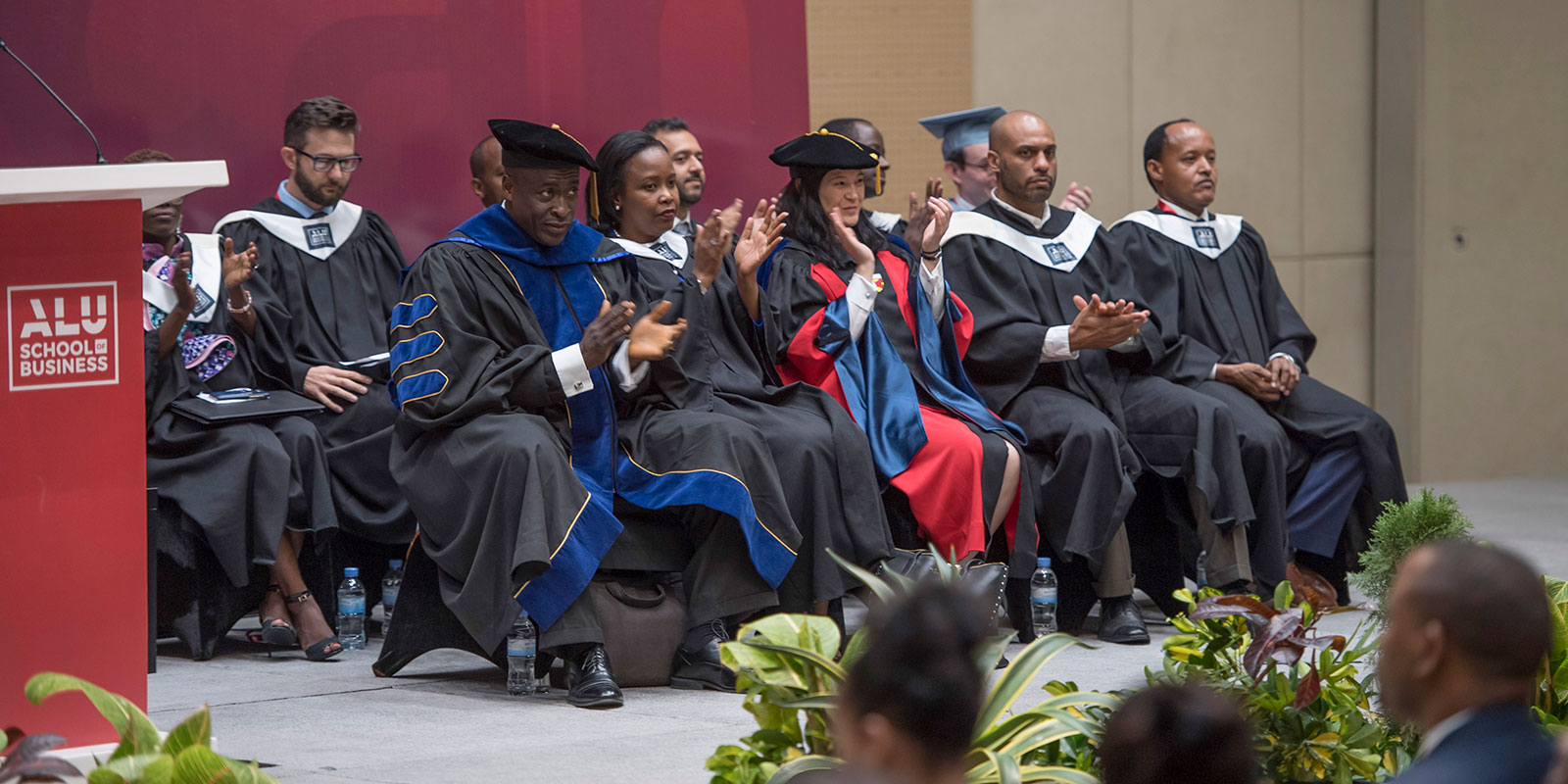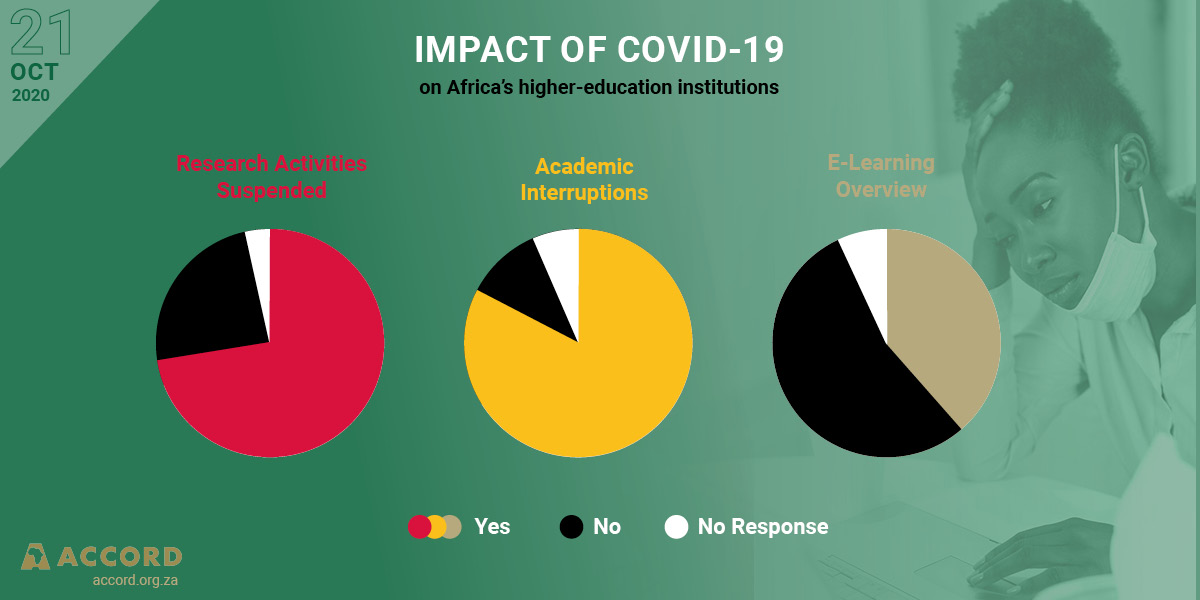This week’s Monitor focuses on the impact of COVID-19 on the Higher Education Sector in Africa. The intention is to contribute to on-going dialogues, not only about the disruptions that COVID-19 has caused in this important sector in Africa, but also emphasising the resilience and creativity displayed by many institutions of Higher Learning and the ways in which they have adapted to miminise the impact on education and research, ensuring as much as possible that ‘no one is left behind’.
Kari Mugo, Naliaka Odera & Maina Wachira, from the Mawazo Institute in Kenya, share the outcomes of a very informative survey carried out among 501 individuals affiliated with Higher Education and Research Institutions in Africa, which shows how COVID-19 has exacerbated some of the already existing vulnerabilities in areas of research and teaching within this sector. The swift efforts and measures instituted by the University of Ghana to adjust their teaching and learning programmes to COVID-19 are shared by the Pro Vice-Chancellor: Academic and Student Affairs, Prof Nana Aba Appiah Amfo. Prof Gaidi Faraj, The Head of College: African Leadership University in Rwanda discusses how COVID-19 has foregrounded the long overdue need to streamline and strengthen E-learning on the continent. The edition concludes with Prof Sabelo J. Ndlovu-Gatsheni’s call to prioritise African knowledge and reliance on the continent’s own experiences in finding solutions to the challenges posed by the COVID-19 pandemic.







